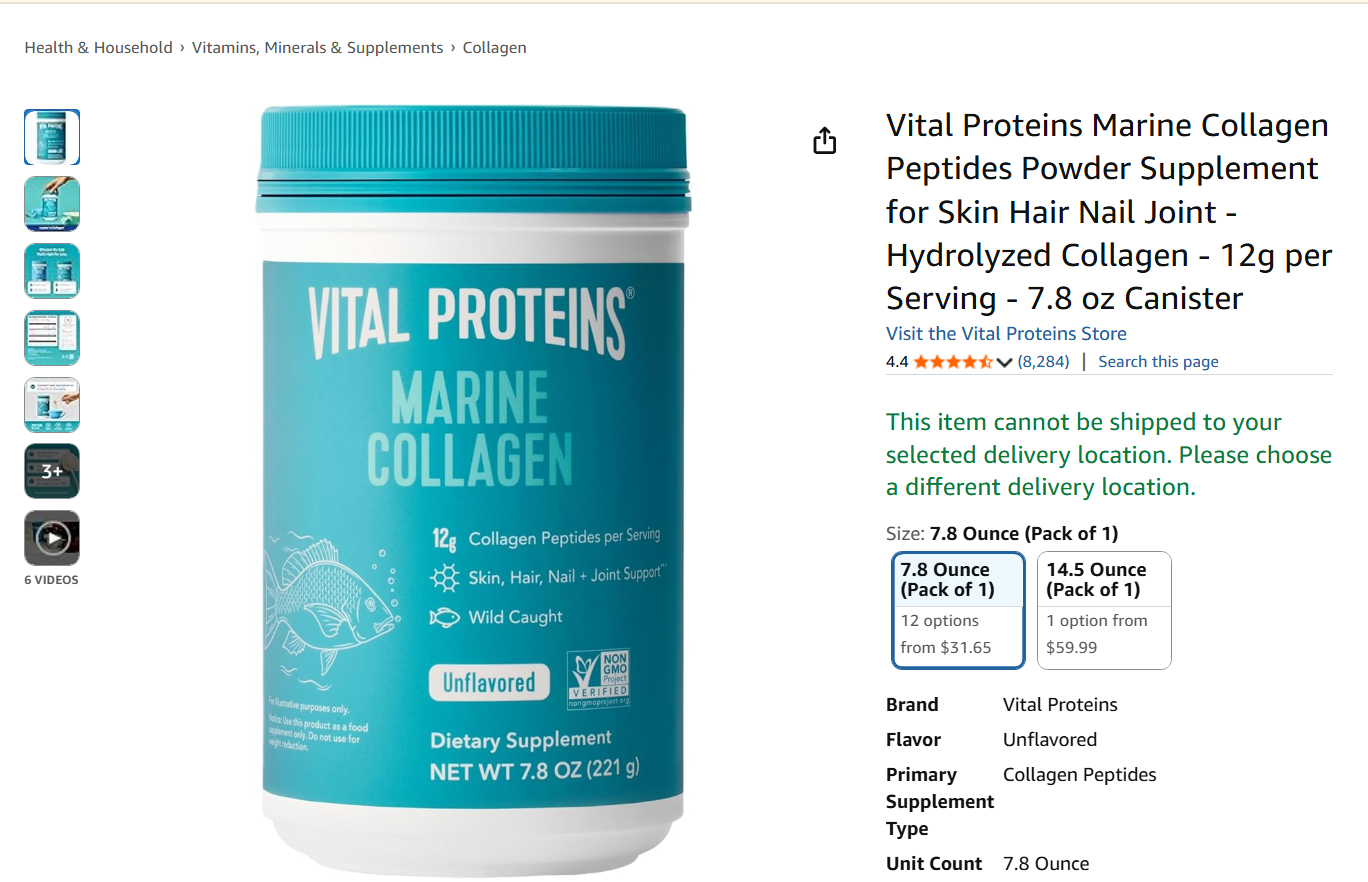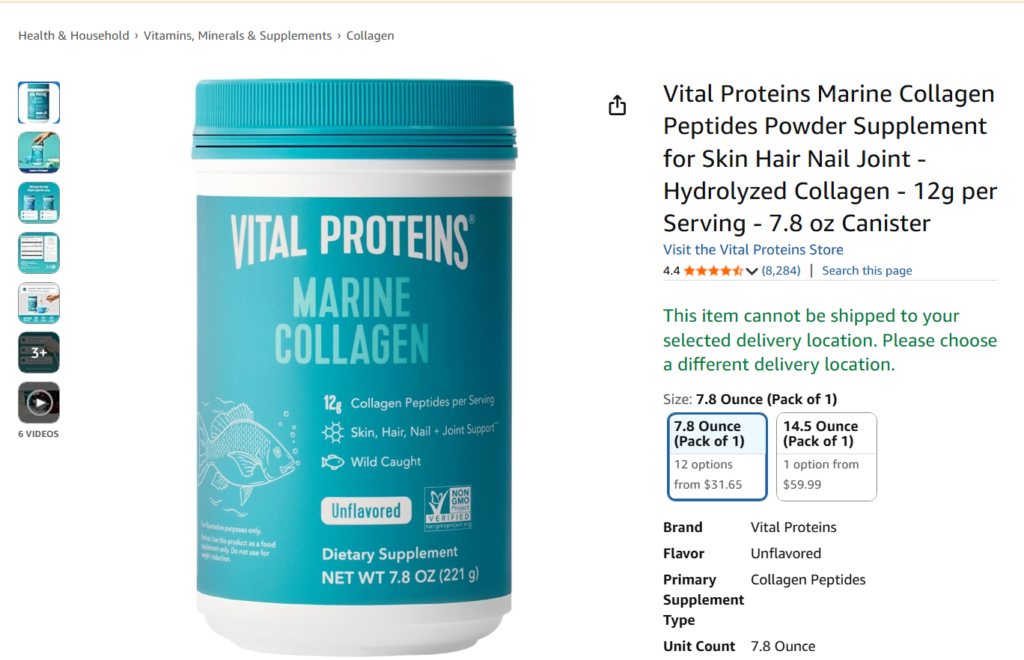Physical Address
304 North Cardinal St.
Dorchester Center, MA 02124
Physical Address
304 North Cardinal St.
Dorchester Center, MA 02124

Who doesn’t want glowing, radiant skin?
From beauty influencers to skincare experts, everyone seems to be talking about collagen supplements these days. But amid the hype, one key question remains:
Can collagen make your skin glow?
In this post, we dive deep into the science of collagen, explore how it affects your skin’s appearance, and uncover what really works when it comes to boosting your natural glow.
Collagen is the most abundant protein in your body, acting like scaffolding that keeps your skin firm, plump, and hydrated. It’s responsible for maintaining:
As you age — especially after age 25 — your natural collagen production declines. This can lead to dullness, fine lines, sagging, and dryness.
Before we answer whether collagen can help, it’s useful to understand what reduces your skin’s natural glow in the first place. Common causes include:
This is where collagen supplementation may come in as a solution — helping restore what your skin has lost over time.
Yes, collagen can make your skin glow — when taken consistently and in the right form.
🧪 A clinical study published in Skin Pharmacology and Physiology showed that taking collagen peptides for 8 weeks led to a 28% increase in skin hydration and a 20% improvement in skin elasticity.
There are many types of collagen, but for glowing skin, focus on:
These are typically found in marine collagen (from fish) or bovine collagen (from cows). Look for hydrolyzed collagen peptides — the most bioavailable and effective form.
Here’s what consistent collagen supplementation can do for your skin:
| Benefit | How It Helps Glow |
|---|---|
| 💧 Hydration | Retains water, reduces flakiness and dryness |
| 🧵 Elasticity | Improves skin bounce and firmness |
| 🌫️ Wrinkle Reduction | Smoother texture = better light reflection |
| 🔄 Cell Repair | Supports regeneration of skin cells |
| ✨ Even Tone | Less dullness, more vibrancy |

Several peer-reviewed studies confirm the link between collagen and glowing skin:
These studies support the idea that collagen doesn’t just prevent aging — it can visibly restore your skin’s glow.
You’ve probably seen collagen in serums and moisturizers, too. But do they work?
So if you’re aiming for deep, lasting glow, oral collagen supplements are far more effective.
Results vary by individual, but generally:
🔁 Consistency is key — it’s not magic overnight.
Not all collagen is created equal. Here’s what to prioritize:
✅ Hydrolyzed collagen peptides
✅ Includes Vitamin C (essential for collagen synthesis)
✅ Type I and III collagen
✅ Sourced from grass-fed bovine or wild-caught marine collagen
✅ No added sugars or fillers
✅ Flavorless or easily mixable
“I’ve been taking collagen in my morning smoothie for 6 weeks. My skin is noticeably smoother and actually glows — even without makeup!” – Anna, 32
“Collagen peptides + vitamin C is the best combo I’ve tried. I get compliments on my skin every week now.” – Jamal, 41
Looking for high-quality supplements to get started?
| Product | Type | Features | Link |
|---|---|---|---|
| Natural Target Collagen Peptides | Bovine (I & III) | Unflavored, Grass-fed, Clean label | Buy Here |
| Vital Proteins Collagen | Bovine | Includes Vitamin C & Hyaluronic Acid | Amazon |
| Further Food Marine Collagen | Fish | Great for pescatarians, Type I only | Amazon |
So, can collagen make your skin glow?
Yes — and it’s backed by science. Collagen peptides restore hydration, improve elasticity, and reduce fine lines, helping your skin reflect light better and appear more youthful.
If you’re tired of chasing glow through creams alone, try healing your skin from the inside out with high-quality collagen supplements. Just give it time, stay consistent, and let your natural radiance shine through.
Most studies recommend 5–10g daily of hydrolyzed collagen peptides.
Marine collagen has smaller peptides (Type I only) and may absorb slightly faster — but both are effective for skin glow.
Yes! Collagen production starts to decline around age 25. Supplementing early may help delay signs of aging and maintain glow.